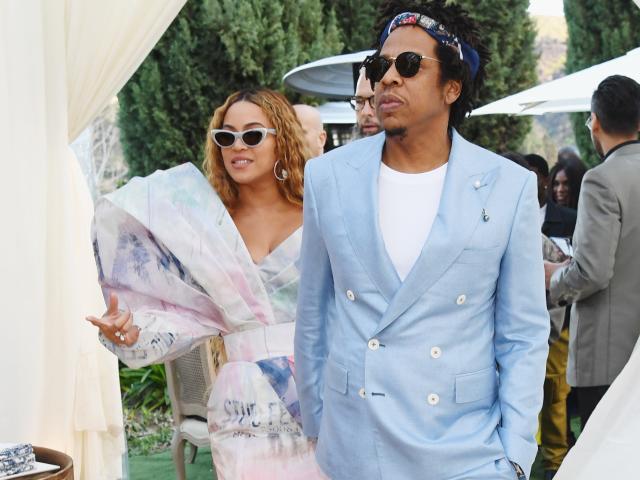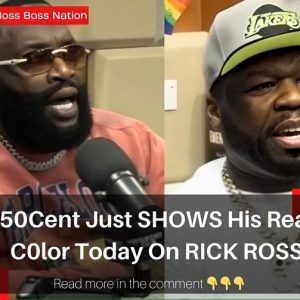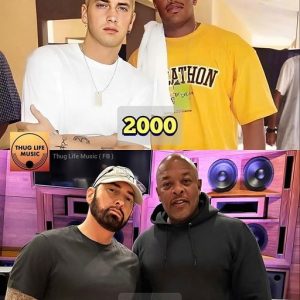How Jay Z & Beyoncé STEAL From Other Artists To Stay on Top (2Pac, Biggie, DMX..)
Producer Terrence “T-Robb” Robinson filed a 200 million dollars lawsuit against Destiny’s Child for stealing his song “Glorious,” which he produced back in 2000.
He showed the song to Bey’s father/manager Mathew Knowles expecting the song to kickstart his career. Mathew disappeared with the song, and months later, “Survivor” was born without Terrence’s name or credit.
“I know right now I would be one of the biggest, most sought-after producers,” he said at a news conference about the alleged theft. It’s unclear what became of the suit, so it was probably settled out of court.

In the ever-evolving landscape of the music industry, where innovation and influence intertwine, the quest for staying relevant often leads to a delicate balance between inspiration and appropriation.
Recently, allegations have surfaced, accusing power couple Jay Z and Beyoncé of a controversial practice: stealing from other artists to maintain their position at the zenith of the music world.
The names involved are not trivial; they are iconic figures whose contributions have shaped the very fabric of hip-hop and R&B.
From the lyrical prowess of 2Pac and Biggie to the raw authenticity of DMX, the allegations suggest that Jay Z and Beyoncé have strategically borrowed elements from these artists’ work to bolster their own artistic endeavors.
The accusations strike at the heart of integrity and creativity within the music industry.
While sampling and paying homage to predecessors is a common practice, the line between homage and exploitation can often blur, especially when the borrowing becomes blatant and pervasive.
For Jay Z and Beyoncé, who have built empires on their artistry and influence, the allegations pose a significant threat to their legacy.
In an era where authenticity and originality are celebrated, being accused of pilfering from the legacies of revered artists tarnishes their reputations and undermines their credibility.






